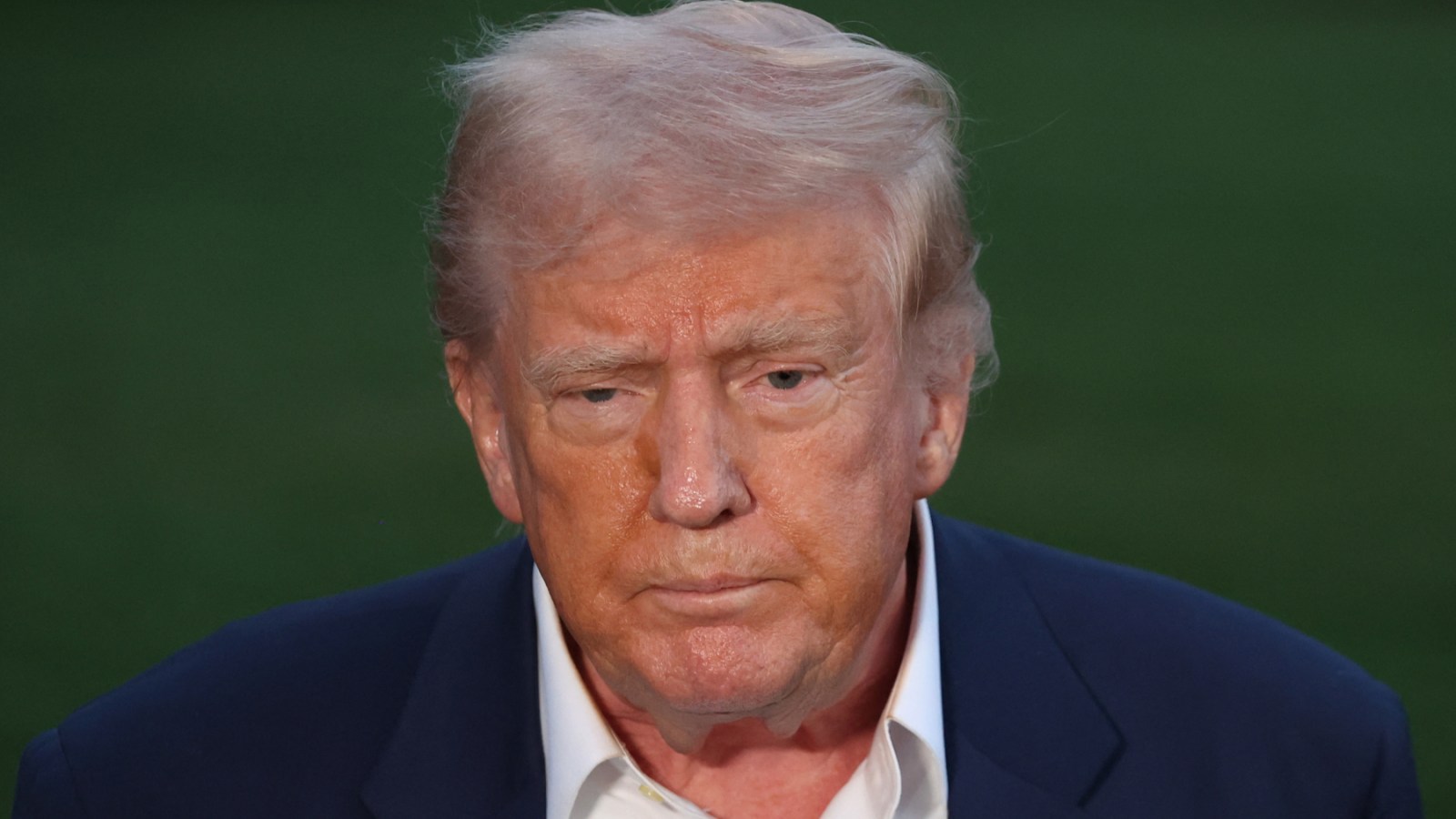
President Donald Trump said on Sunday that he is authorizing the Department of Commerce and the United States Trade Representative to start the process for enacting a 100 percent tariff on American films that are produced in “foreign lands,” also known as runaway productions.
Trump called runaway productions “a national security threat” and claimed it’s causing the movie industry to die “a very fast death” in a post on his social media platform Truth Social, adding that Hollywood and other areas of the country “are being devastated” over films produced in “foreign lands.”
“The Movie Industry in America is DYING a very fast death. Other Countries are offering all sorts of incentives to draw our filmmakers and studios away from the United States,” Trump wrote on Truth Social. “Hollywood, and many other areas within the U.S.A., are being devastated.
“This is a concerted effort by other Nations and, therefore, a National Security threat. It is, in addition to everything else, messaging and propaganda!,” he continued. “Therefore, I am authorizing the Department of Commerce, and the United States Trade Representative, to immediately begin the process of instituting a 100% Tariff on any and all Movies coming into our Country that are produced in Foreign Lands. WE WANT MOVIES MADE IN AMERICA, AGAIN!”
In January, Trump named Sylvester Stallone, Mel Gibson, and Jon Voight as “special ambassadors” for the purpose of bringing back the film business that he claims is lost to “foreign countries.”
Last month, Voight’s manager Steven Paul confirmed that he and the actor had put a proposal together that they planned to present to Trump with a plan to reinvigorate American film and television production, though it was unclear what ideas were in their plan or if they had a confirmed appointment with Trump. One potential suggestion Voight and Paul might be floating is a federal tax incentive, something the industry — which has suffered economically in recent years from Covid shutdowns, writers strikes, and the wildfires — would likely favor. Overseas tax incentives have helped studios reduce production costs in the wake of economic challenges.
In his post on Sunday, Trump did not address the television or streaming industry side, which have also relied on productions outside of the U.S. It is unclear how a 100 percent tariff might be implemented and how much of a production needs to take place solely in the U.S. to avoid the proposed tariff.